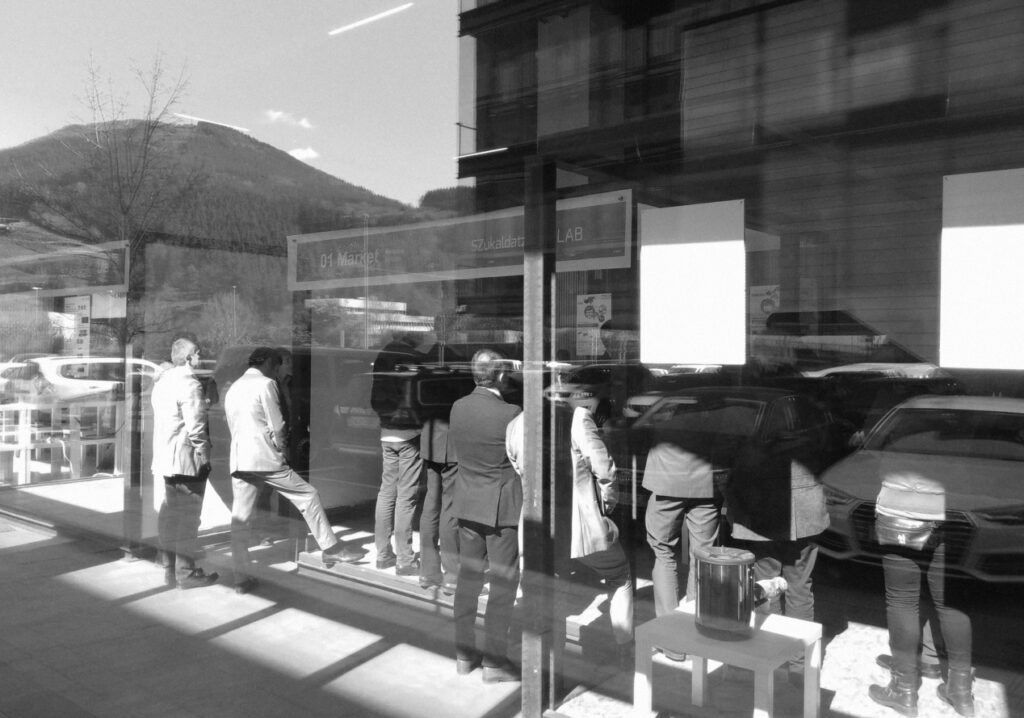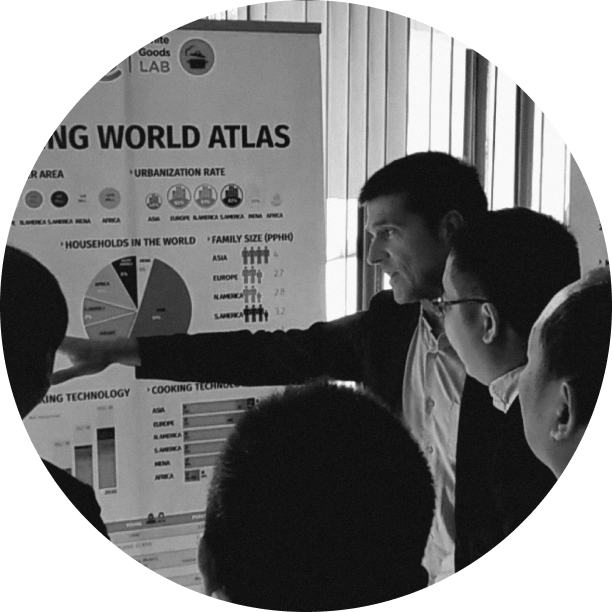We explore new parameters and opportunities together
We are a space where knowledge ecosystems are created and paths to diversification opened.
To grow and advance, it is necessary to find a balance between two types of innovation: exploitation and exploration. Through exploration we innovate, look for new sectors, fresh ways of doing things.

WHAT DO WE DO
We help explore and make innovation accessible to companies from its most embryonic phases
Open innovation and intersectionality
Through open innovation, we seek points of convergence and carry out co-creation processes to make the most of collective intelligence. A transversal methodology is applied to drive intersectoral approaches.
LEAN methodology and reduced risk
Collaborations are built with common resources and a focus on the market, utilising controlled investment, to minimise the inherent risk in any similar activity.

Early stage innovation
We are specialised in projects from embryonic stages. Our processes start from a research phase and culminate in a prototype or value proposition. We implement effective processes that make the intangible tangible.
Collective Intelligence Radar
We have a CIR (Collective Intelligence Radar) observatory from which we collect data and undertake reports in real time. The data is collated, analysed, and presented collectively. Through different platforms, we gather objective information from both market and users.
We have a CIR (Collective Intelligence Radar) observatory from which we collect data and carry out reports in real time. The data is collected, contrasted, and returned collectively.
Ad hoc projects
Projects are adapted to the needs and realities of each company.
Innovation increases competitiveness and prevents stagnation
OUR METHODOLOGY
We have our own design methodology, recipients of two European Innovation Radar recognitions
1. Detection of opportunities
We study and analyse opportunities embedded in complex systems to understand how they work and what the influencing variables and resultant interactions may be.
2. Conceptualisation and framing
We gather evidence by bringing together facts and framing them in new, experimental environments. Narrowing experiment margins, we choose the variables to analyse. We then observe, through co-creation sessions, how they interact. What emerges are new findings we call concepts.
3. Value proposal or prototype
ACEDE chooses the most significant or urgent concepts. We prototype a value proposition to respond to the needs of the project in a personalised way. And compare the proposals through sessions with clients and collaborators.
4. Testing and validation
Through pilots and tests, we carry out comparisons with users in our Living Lab. This allows us to adapt the initial value proposition.